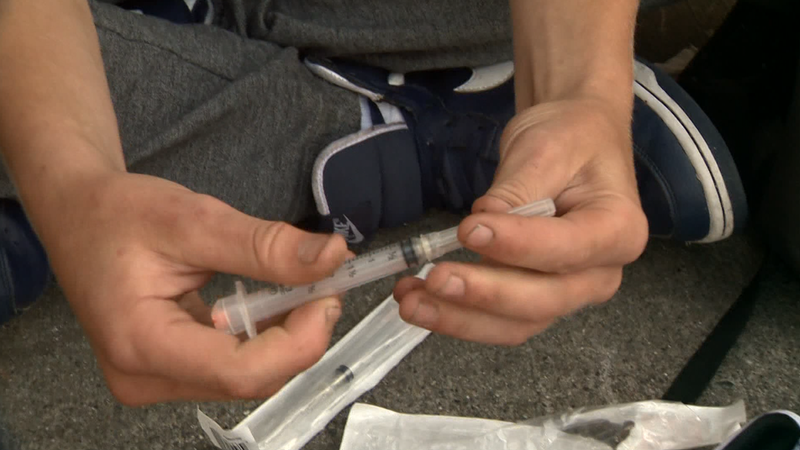
CHARBONNEAU: Prohibition of drugs was a mistake but decriminalization will not stop deaths
HOW MANY MORE PEOPLE HAVE TO DIE because of a half-baked idea from a century ago?
It all started at the turn of the 20th century when concoctions of opium were commonly found in medicine chests to treat toothaches, diarrhea and coughs. Before antibiotics, doctors used opium to treat diseases such as dysentery, cholera and tuberculosis.
Many of these concoctions, such as Laudanum, were highly addictive.
There were two paths that governments could have taken. One would have been to control the potency and purity of opium and sell it through licensed outlets. The other was to make opium illegal.


